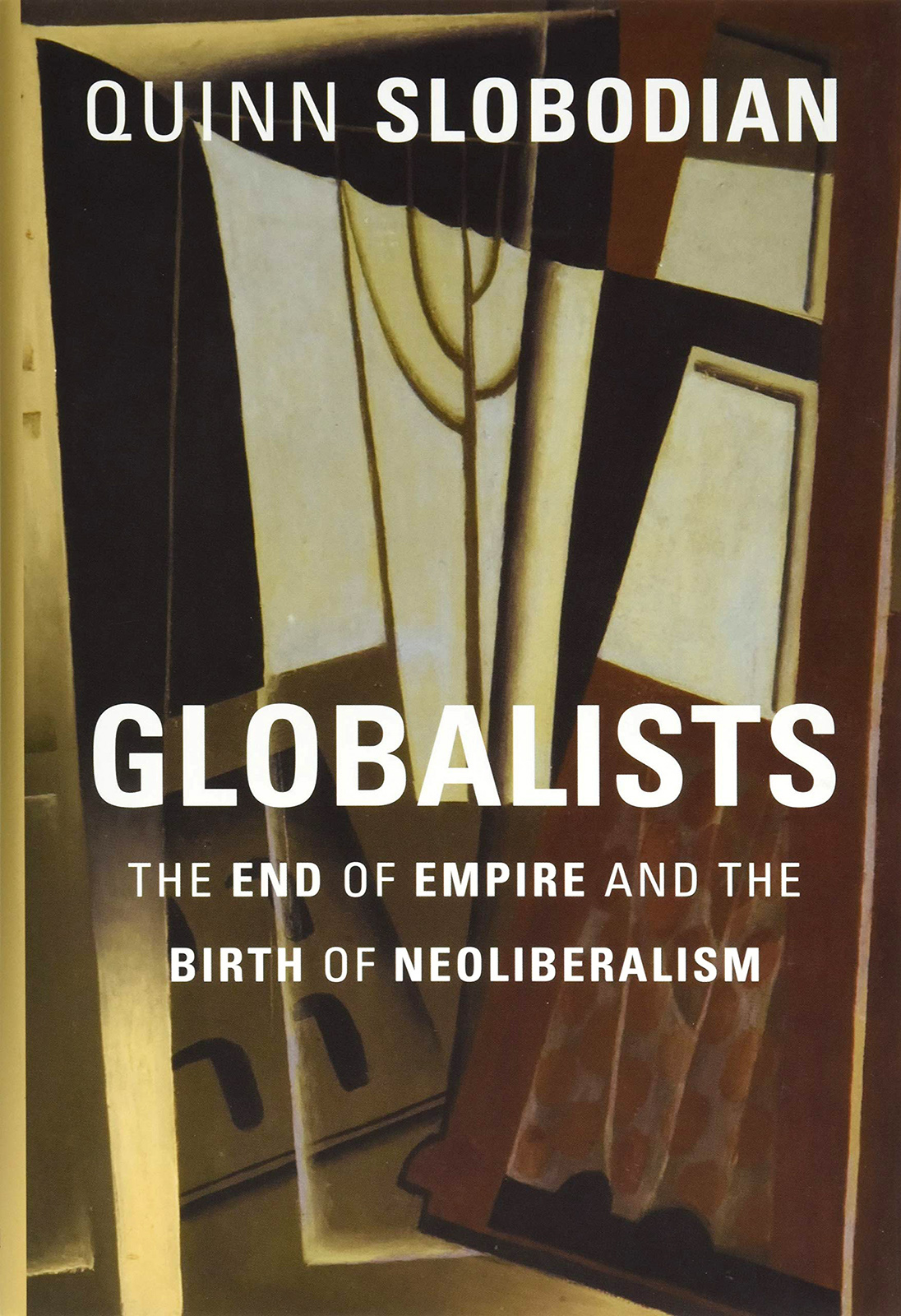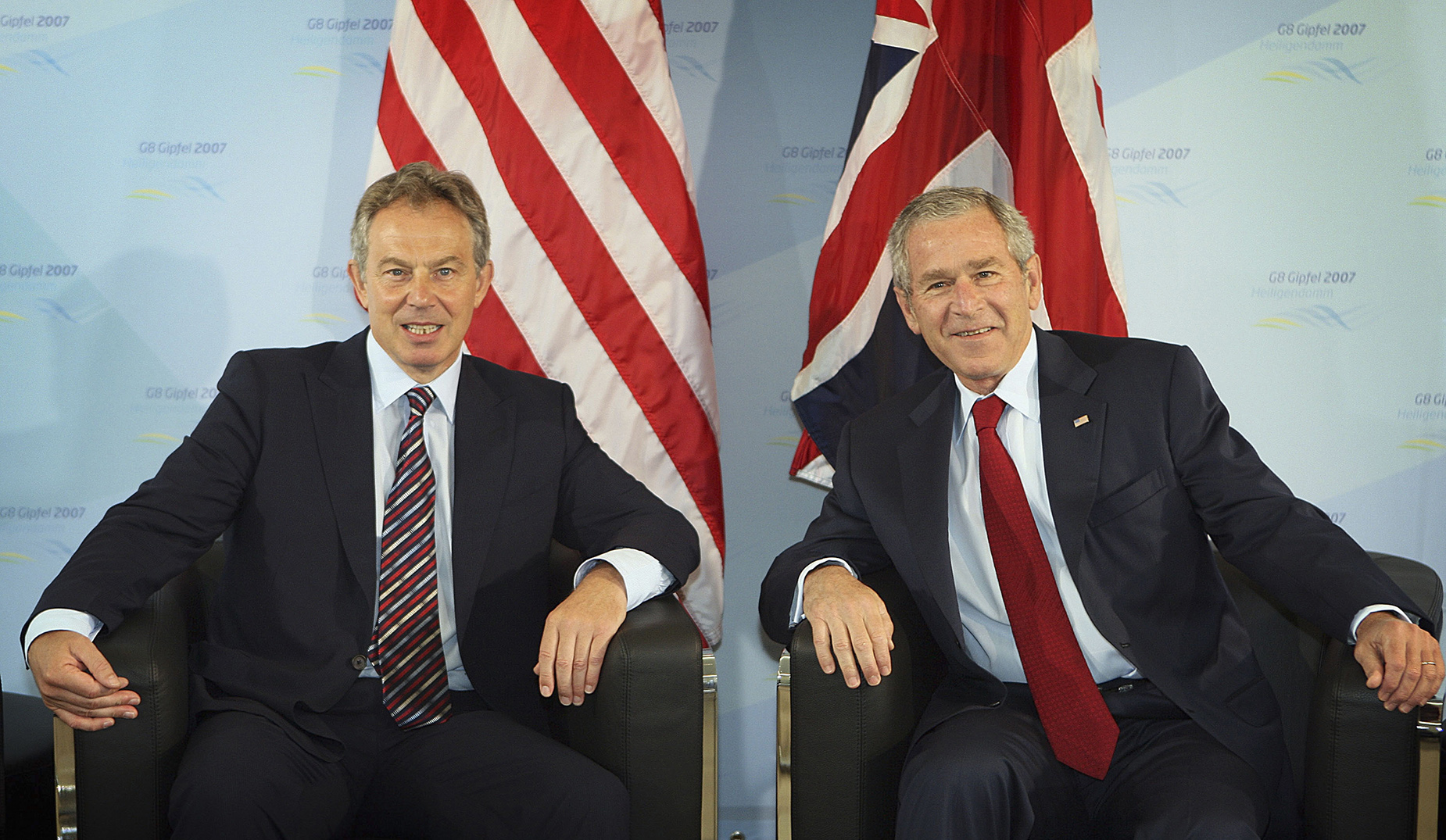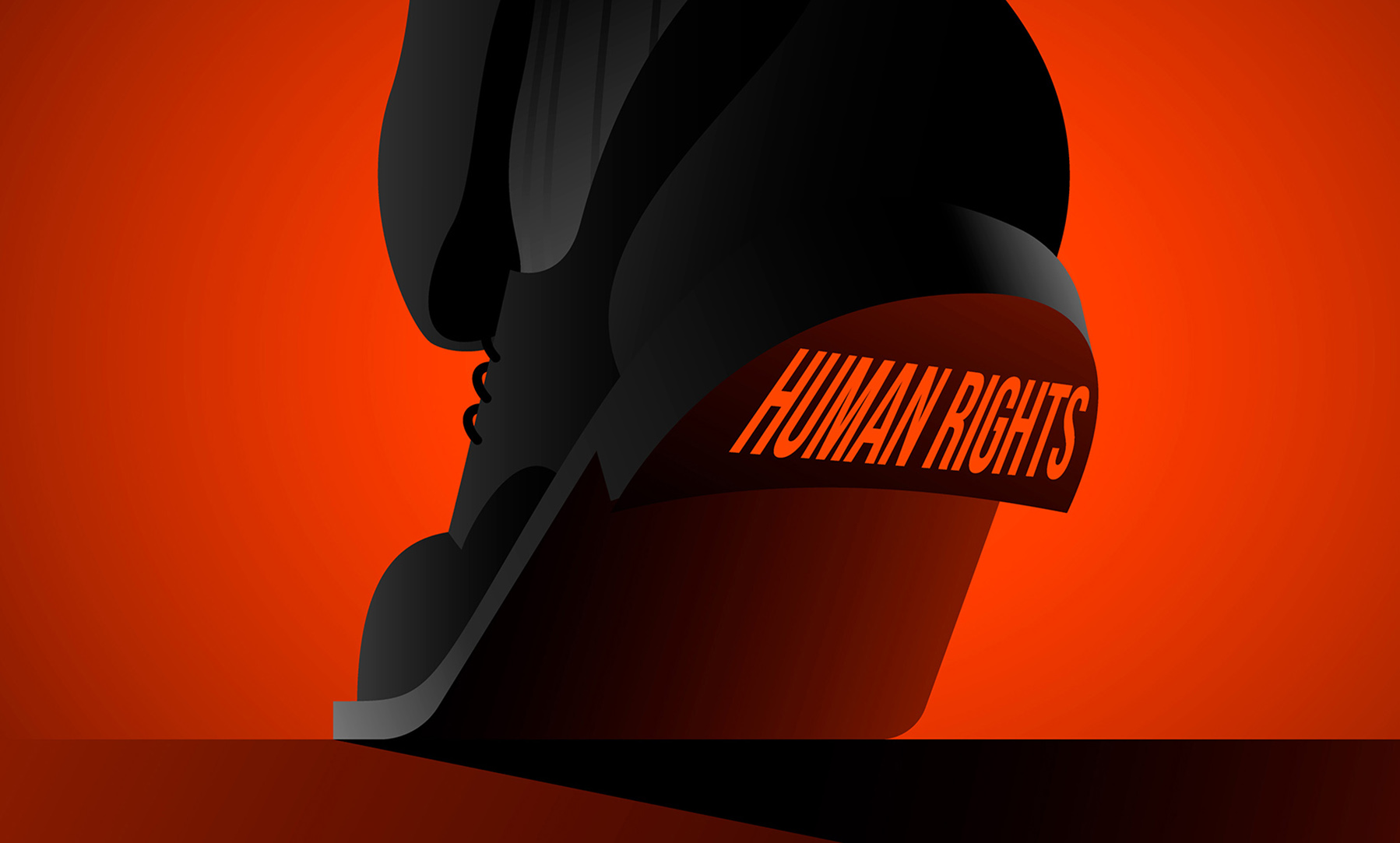The UN says politely that the General Assembly is taking place while “complex, overlapping crises unfold around the world. Food insecurity is looming. Humanitarian needs are deepening. Climate goals remain largely unmet. Inequality is worsening.”
It calls the meeting “diplomacy’s biggest moment as the need for unprecedented, urgent global cooperation becomes clearer by the day”.
They are not wrong. I would just use slightly more colourful language. Look, it’s tempting (and easy) to be cynical about what has become of the UN. But we cannot afford to be. The message of this editorial is that the rescue of humanity needs multilateralism (defined by Wikipedia here) now more than ever, because it is the collapse of the idea of universal human values that is placing human society and the planet in danger.
Today, we live in a world where the most powerful – be they states, certain corporations (big fossil, big pharma, big food) or obscenely and undeservedly rich individuals – feel entitled to make, break and circumvent rules.
We live in a world where on half the planet dark money manipulates democratic outcomes, and on the other half there is no longer a need to even fake democracy.
This is not conspiracy thinking. It’s a demonstrable fact.
A vision lost
It wasn’t always like that.
After World War 2 and the Nazi Holocaust great effort went into building an international morality, the rules needed to enforce it and the idea of binding universal human rights. For example, new laws against genocide, crimes against humanity and apartheid were developed, as was a Universal Declaration of Human Rights. In the words of one historian: “By the 1950s there existed an embryonic global constitutional order…”
For half a century, painstakingly and slowly, a multilateral architecture emerged, much of it driven by demands for recognition of human rights that came from the Global South (as documented by historian Steven Jensen, read here and here), particularly coming from countries throwing off the yoke of colonialism.
Over the years, the UN has had some successes, as well as many failures.
But, as documented by historians like Quinn Slobodian in his 2018 book Globalists: The End of Empire and the Birth of Neoliberalism, even as this was happening a school of thought was hell-bent on advancing an ideology for a human rights rules-less world, one where the dictates of the market ruled supreme, and where the state’s primary purpose was to serve the market, not the people.
 (Image: amazon.com)
(Image: amazon.com)
Read more in Daily Maverick: “Things fall apart – between a Buffalo and a hard place”
This is the world that was unleashed from the mid-1980s and whose consequences we now live with: inequality, pandemics, global heating and the renewed threat of nuclear war.
Ironically, the latest chapter in unravelling the rule of international law started not in authoritarian states, but in the UK and the US.
In his 2005 book, Lawless World: The whistle-blowing account of how Bush and Blair are taking the law into their own hands, British QC Philippe Sands (hardly an extremist) meticulously documents how in 2003 Tony Blair and George Bush ignored the UN so that they could have their wicked way in Iraq.
 British Prime Minister Tony Blair with US President George W Bush in Heiligendamm, Germany, on 7 June 2007. (Photo: Peter Macdiarmid / Getty Images)
British Prime Minister Tony Blair with US President George W Bush in Heiligendamm, Germany, on 7 June 2007. (Photo: Peter Macdiarmid / Getty Images)
Sands warned back then that:
“The legacy of the Atlantic Charter is now in the hands of Atlantic cowboys” (Blair and Bush) and asked: “What place now for the three pillars of the global legal order: prohibiting the use of force, promoting fundamental human rights, and promulgating fair economic liberalisation?”
Read more in Daily Maverick: “South Africa’s spiralling social crisis – ‘act now or watch the powder keg explode’”
So, truth be told, it was Bush and Blair (not Putin or Hu Jintao) who gave a new 21st century licence to rogue states to flout the rule of law. They set a bad example and multilateralism is now in tatters.
As we have seen, the UN has proved as powerless in relation to Russia as it is in relation to global warming.
South Africa’s role
This week’s meeting of the General Assembly in New York is therefore important because it will show us what is broken.
And what we as citizens must demand be fixed.
Although the important work of many UN agencies goes on – and should go on – on issues like the climate crisis, Aids, pandemic preparedness, biodiversity and the environment, new treaties will mean little unless there is political will for binding rules based on human rights.
Visit Daily Maverick's home page for more news, analysis and investigations
Drowned out by the noise of Covid-19 and now war, a new vision for the UN and the world is struggling to make itself heard by UN secretary-general António Guterres: Human rights ‘inescapable and powerful’: Guterres | UN GENEVA.
“Humanity faces a stark and urgent choice: breakdown or breakthrough. The choices we make – or fail to make – today could result in further breakdown and a future of perpetual crises, or a breakthrough to a better, more sustainable, peaceful future for our people and planet.”
But, like the Sustainable Development Goals, it’s pie in the sky for as long as we continue to allow corporations to disorganise and disrupt democratic expression, as we saw most recently in Chile, where once again social media was marshalled to sow disinformation and fear about the new constitution, leading to its rejection by the electorate.
One wonders what would have been the fate of South Africa’s Constitution if Facebook, Twitter and other forms of social media had existed in the 1990s.
Just as in the early 1930s, the world is now in a dangerous place. Whipped up by inequality and fear, the right is on the rise in Sweden, France, Italy and the US. Fascists are in power in India, Russia and Brazil. As US punk band the Dead Kennedys once put it, in a song with the dark refrain “California Uber Alles” as its chorus, for billions it’s a “last call for freedom of speech”.
But in each of these countries there are also millions of people campaigning for dignity, decency and equality. And occasionally there are signs that democracy can still triumph, such as in Colombia.
On a pessimistic view it seems like the world may have to go through another great conflagration like World War 2 before there is a revival of human rights and rule of law. Is it only then, one wonders, that crimes like democide (“the killing of members of a country’s civilian population as a result of its government’s policy, including by direct action, indifference and neglect”) might be added to international law?
But the 2020s is not the 1940s. We can’t afford to let that conflagration happen. The bombs are more powerful. The climate crisis did not exist then. Environmental destruction had not reached a point that made the world extremely vulnerable to viral and other pandemics.
This is why the government of a human rights-based constitutional democracy like South Africa, which can still evoke the moral authority of our century-long struggle against racism and leaders like Nelson Mandela, needs to act differently at home and abroad.
Economy is not all. Human rights are more important. We must live our constitutional values through our domestic and foreign policy. In the miasma of global politics there is an obvious and truly independent path for South Africa.
Read more in Daily Maverick: “Snatching away Mandela’s gift of health and the return of medical apartheid”
On the basis of economy we cannot afford uncritical relationships with BRICS dictators like Jair Bolsonaro, Narendra Modi, Vladimir Putin and Xi Jinping.
On the basis of so-called African solidarity we cannot afford uncritical relationships with thieves like Emmerson Mnangagwa and Mswati III.
Justified criticism of Nato and the arms industry cannot make us “neutral” on the war crimes of Russia.
These are not matters we can trust to the government. As citizens, we also have a duty to debate these issues. We cannot afford to be bystanders, more interested in the shenanigans of an elite royal family long past their sell-by date, than the matters that will dramatically shape our lives and those of our children.
Once more, as it was in the days when the anti-apartheid struggle was driven by values, South Africa’s alliances need to be with peoples and not just their illegitimate governments, with the planet and not those who plunder it for profit.
We hope we will see some evidence of this in New York this week. DM/MC




 British Prime Minister Tony Blair (L) with U.S. President George W. Bush on June 7, 2007 in Heiligendamm, Germany. (Photo: Peter Macdiarmid / Getty Images)
British Prime Minister Tony Blair (L) with U.S. President George W. Bush on June 7, 2007 in Heiligendamm, Germany. (Photo: Peter Macdiarmid / Getty Images) 